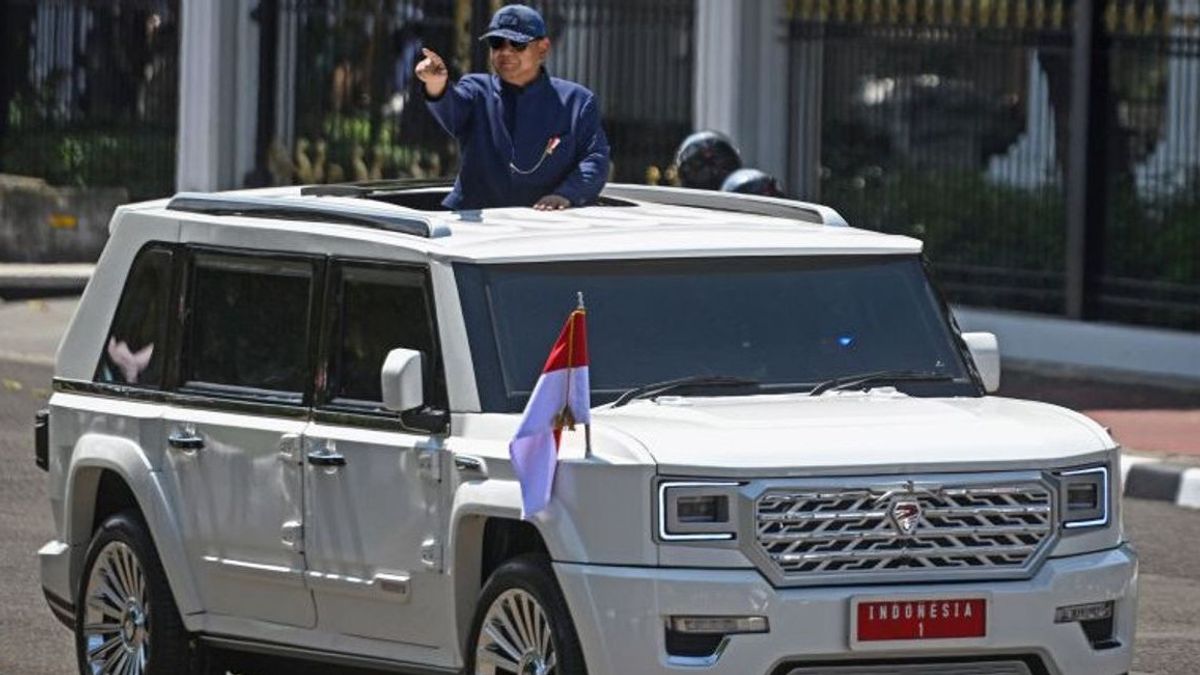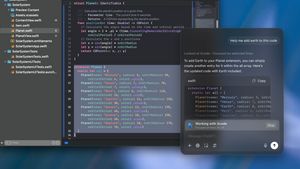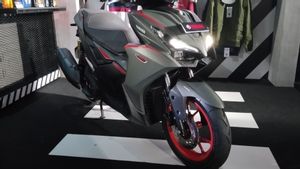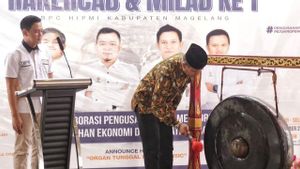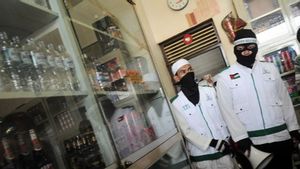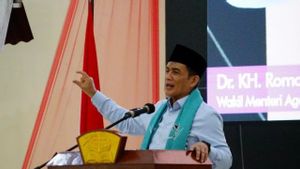Under the leadership of President Prabowo Subianto, Maung, a car produced by Pindad, was proposed as the cabinet's operational vehicle. This step reflects a commitment to domestic products. Prabowo emphasized, "We want all ministers to use local cars as a symbol of national pride." However, how much pride can be realized?
Maung is not just a national vehicle; Maung is like a new hope for the Indonesian automotive industry. Although it may not be smooth. According to data from the Association of Indonesian Automotive Industries (Gaikindo) in 2024, although the car production capacity reaches two million units per year, the majority of those circulating in the market are foreign brands such as Toyota, Daihatsu, and Honda. This indicates that the local industry still faces major challenges to compete.
The history of national vehicles also reminds us of an unforgettable lesson. Timor, the first national car introduced in 1996, should have been a symbol of independence. Although it was once seen on the streets, unfortunately it failed due to various obstacles. The Jokowi era introduced Esemka, which seemed to have disappeared, almost never seen on the streets. The car that Jokowi was once proud of when he was Mayor of Solo and also when he was President is almost unheard of. Esemka is a dark note for the national car ambition.
The failure of Esemka and Timor taught Maung a valuable lesson not to repeat the same mistake. A national car must be designed, produced, and assembled domestically, with a minimum of 70% local components. A national car also needs to meet safety and emission standards and be competitive in terms of price and quality.
Now, Maung has the opportunity to write his name in automotive history. Summarized from various sources, the civilian version of Maung is projected to be sold for IDR 400 million to IDR 500 million, while the military version is around IDR 600 million. With this price, Maung competes with popular medium SUVs such as the Toyota Fortuner and Mitsubishi Pajero Sport, which are priced between IDR 492.9 million and IDR 702 million. The biggest challenge for Maung is market acceptance. Gaikindo data noted that car sales in Indonesia during the period from January to August 2024 reached 560,619 units, down 17.1% compared to the previous year.
Public skepticism seems to be overshadowing the Maung, which will be the same as its predecessor. Many doubt its quality and competitiveness. However, the Maung, which is said to have a Mercy base, Ssangyong from Korea, offers a design that pays attention to user needs in terms of performance and comfort. The use of this car as an official vehicle has the potential to have a positive impact on the local economy. The ban on using imported brand official cars that is implemented can be a breath of fresh air for the domestic automotive industry, creating new jobs and saving foreign exchange.
Of course, not all parties welcome this decision with open arms. Doubts about the Maung's readiness in a competitive market still exist. However, Pindad is committed to improving quality and after-sales service. This is an important step to win public trust.
Although challenges still loom, the hope of seeing the Maung as the main official vehicle is a bold step that deserves to be appreciated. This is more than just replacing a vehicle; it is about creating a new identity for the Indonesian automotive industry. With our support, the Maung can achieve achievements and become a source of pride, both domestically and globally.
As the world shifts towards sustainability, the choice to use local products such as Maung is part of our efforts to compete and contribute to the global stage. Public support for domestic products is highly expected and we hope that this step will pave the way for innovation and progress in the domestic automotive industry. And it should be possible because if the TKDN (Domestic Component Level) is measured, several media have mentioned that the Kijang Innova Zenix Gasoline produced by PT Astra has reached 85 percent TKDN.
The English, Chinese, Japanese, Arabic, and French versions are automatically generated by the AI. So there may still be inaccuracies in translating, please always see Indonesian as our main language. (system supported by DigitalSiber.id)
